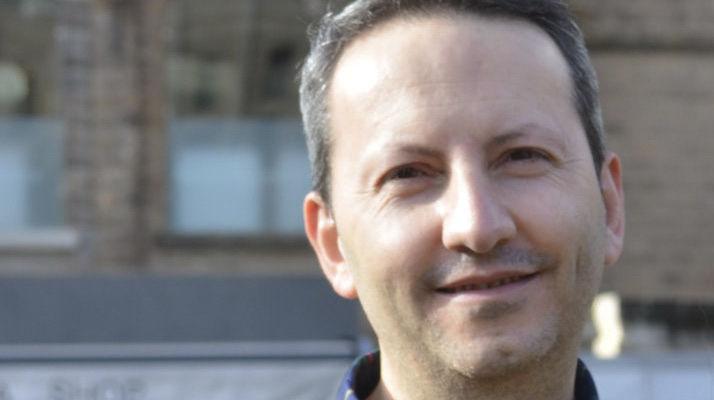Djalali previously worked as a researcher in disaster medicine at the Karolinska Institute outside Stockholm. When he visited Iran in 2016 to give a lecture, he was arrested by the country’s security service.
The following year, an Iranian court found him guilty of having provided information about two Iranian nuclear scientists to the Israeli intelligence service Mossad. Both researchers were later liquidated.
Djalali was sentenced to death, and he was granted Swedish citizenship in February 2018.
Got to call the family
Amnesty fears that the 52-year-old may now be executed as a reaction to the fact that a Swedish court this week upheld the life sentence against the Iranian Hamid Noury.
– These are extremely disturbing signals, says Maja Åberg in Amnesty.
On Friday, Djalali was allowed to call his family from prison, which Amnesty fears could be a bad sign.
– He has been allowed to call. Most often, you get to call home just before the execution, says Åberg.
The article continues below the advertisementThe article continues below the advertisement
Final death sentence
The phone call took place after a representative from the Iranian judiciary visited the prison, allegedly to inform them that the death sentence is final.
The representative must also have referred to the life sentence against Noury in Sweden.
Last July, a Swedish court found 62-year-old Noury guilty of torturing and murdering political prisoners in the Gohardasht prison in Iran where he worked in the 1980s. On Tuesday, his appeal was rejected, to strong protests from Iran.
Alleged confession
State Iranian TV also showed a propaganda film on Friday in which Djalali apparently confesses to espionage on camera.
– It is very worrying. When the Iranian authorities do this, it is often a sign that an execution is being prepared. It is a way of justifying what you do to the Iranian people, says Åberg.
2023-12-22 15:02:15
#Fears #executed #Extremely #disturbing #signals


